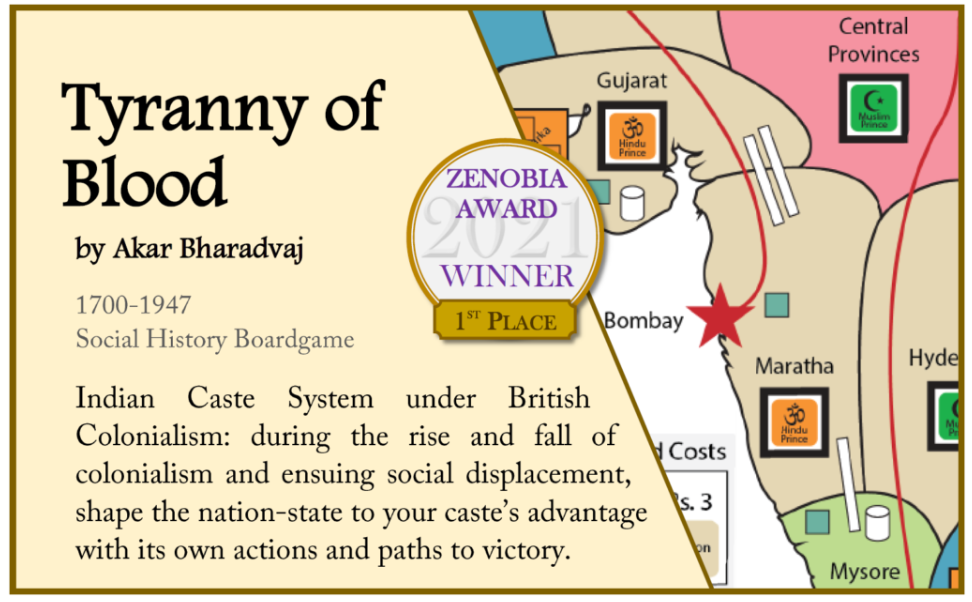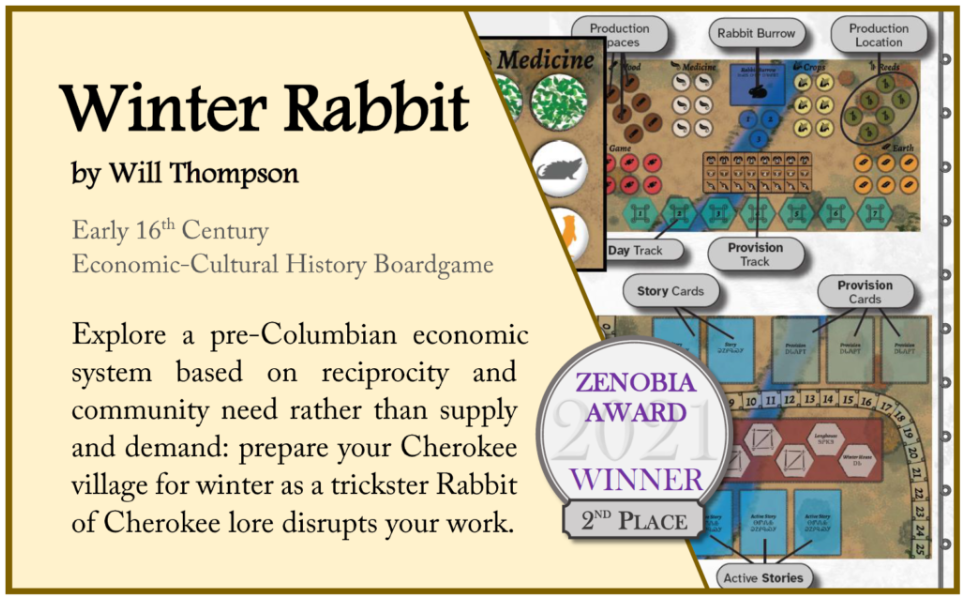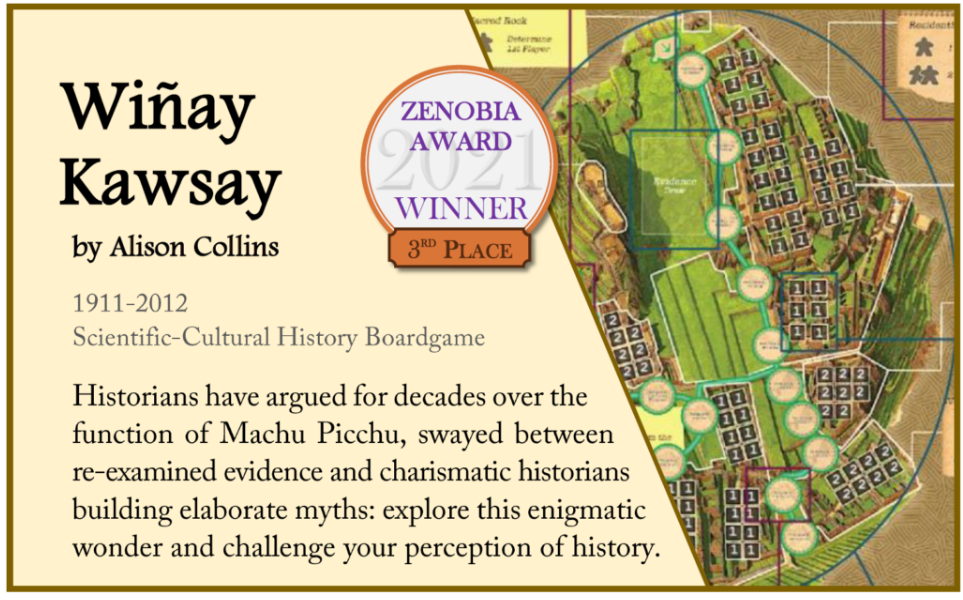Return of the Queen: The Zenobia Contest Returns
 In 2020 a group of veteran game designers kicked off the initial Zenobia contest. This is a competition that mentors historical game designers who are underrepresented within the gaming community. Contestants will have a chance to state why they feel that their community needs a voice within the design space.
In 2020 a group of veteran game designers kicked off the initial Zenobia contest. This is a competition that mentors historical game designers who are underrepresented within the gaming community. Contestants will have a chance to state why they feel that their community needs a voice within the design space.
The contest had over 150 entries and culminated 11 months later with eight semi-finalists and selected Tyranny of Blood as the initial winner of the contest. The Zenobia II contest is now live, and designers have until 14 October to enter a design proposal. This year’s contest opens the gaming aperture with the inclusion of miniatures game designs.
For those of us who were mentors and judges, the experience of working with new game designers was equally as rewarding, over the 11 months I was able to play some amazing games and work with some great established designers as well as see first-timers grow their vision into a game that is just about ready to publish in less than a year. We also learned a lot from the first contest and improved our procedures which will make the second iteration of Zenobia much better.
Designers can enter their proposals to the Zenobia team and, if accepted, they are assigned gaming mentors who help them advance their proposals from ideas into games. Some of the mentors are truly in a class by themselves such as Volko Ruhnke, Jason Matthews, Cole Wehrle, Fred Serval, Harold Buchanan, and Kevin Bertram, all well-known names in the gaming community.

The entrants work with their mentors in the hope of advancing their designs into the next stage of the competition with the top three overall games winning cash prizes and a chance to get their designs published. Not only did the finalists get publishing offers, but many of the games that did not make it to semi-finals have since been or will shorty be published.

During the long contest, I played many of the games, and I can say that many of the designs represented a diverse range of topics that I would not have thought were gameable even if I had heard of the era of history the game was about. I ended up learning a lot of history that I was blind to, which was a great aspect of my involvement in the process.

The only bad part of the initial contest was the reaction from some of the members of our own community, who felt it was reverse discrimination to focus the contest on underrepresented designers. One comment that stuck with me was “How can these groups create a game on Stalingrad as opposed to anyone else?”

I would say they missed the point of Zenobia. By courting these groups, we saw historical submissions that were on many different topics than what we see in the gaming space today. As I said in 2020 in a podcast about Zenobia, no one is coming to take your dice away.
I am a fan of Zenobia for one simple reason, it brings great games into our community, and I know that is something that all of us can agree on.
To learn more about Zenobia or to enter go here.

Good luck to all of the Zenobia 2024 entrants, I cannot wait to see your games
